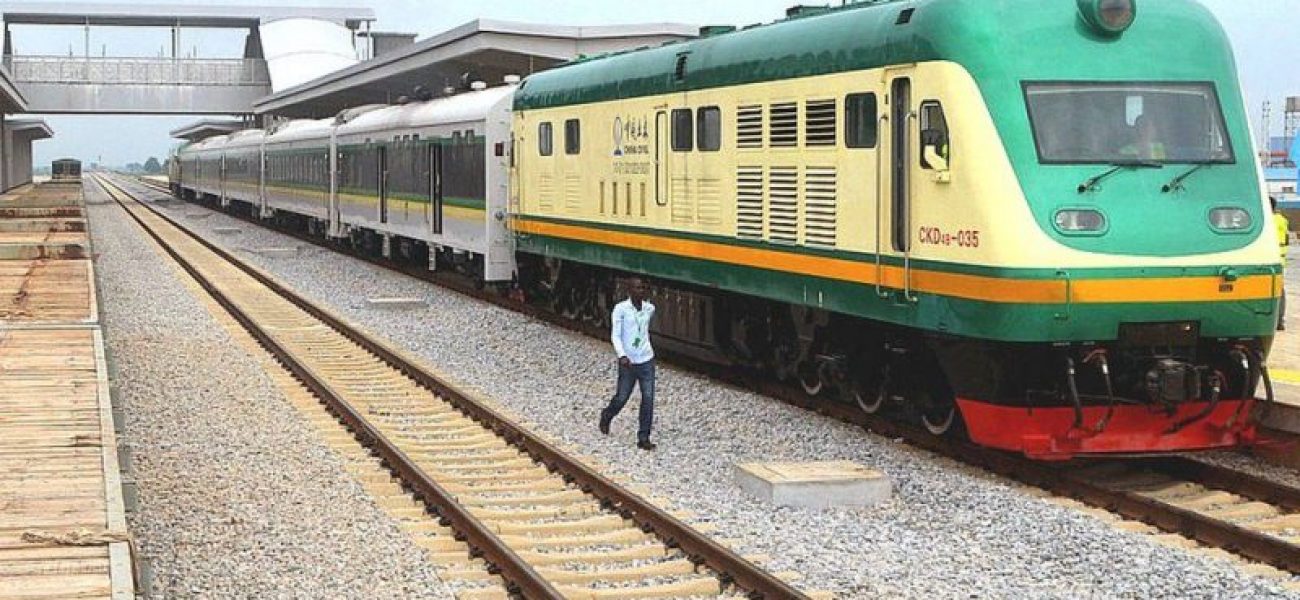The age long debate over restructuring and devolution of powers in Nigeria has now been reawakened with three recent Constitution Alterations assented to by President Muhammadu Buhari. The three Constitution Alteration Acts which were part of the bills that gained Presidential assent in March 2023 alter the provisions of the 1999 Nigerian Constitution, to move Railways and Prisons from the Exclusive Legislative List to the Concurrent List and expands the powers of States to legislate on Electricity under the Concurrent List. The Exclusive Legislative List is contained in Part 1 of the Second Schedule of the 1999 Constitution and outlines items that only the National Assembly can legislate. On the other hand, the Concurrent legislative list in Part 2 of the same Schedule contains items that both the Federal and State governments can make laws on as prescribed.
Nigeria practices a federal system of government meaning that governmental powers are to be shared between the Federal Government and its component units, that is, the States. There have been strong public demands for true Federalism and restructuring of Nigeria via amendment of the Constitution to devolve more power to the States. This is to ensure a subnational government that is closer and more responsive to citizens, and also to foster the economic growth of individual States so that they can be independent of the centre.
Fifth Alteration (No.31) Act deletes item 48, “Prisons” from the Exclusive list by inserting a new paragraph 10A after the existing paragraph 10 titled “Correctional Services” in the Concurrent list. It empowers the National Assembly (NASS) and State Assemblies to make laws establishing correctional services and custodial facilities, as well as authorities to manage them. For the National Assembly, this can be in any part of the Federation while for the States, it must be within the State in question. This is expected to help relieve the problems of inadequate federal funding and congestion of correctional centres and facilitate reform of Nigeria’s reformatory institutions with the help of the States.
Fifth Alteration (No.32) Act deletes item 55 “Railways” in the Exclusive list and inserts a new paragraph 20A in the Concurrent List titles “Railways.” It empowers the National Assembly to make laws for the construction and maintenance of inter-state railway tracks and infrastructure; establishment of a national railway agency for the regulation of railway operations throughout the Federation; and establishment and maintenance of a national railway carrier for inter-state transportation throughout the Federation. The State House of Assembly on the other hand is empowered to legislate on the establishment, operation and maintenance of a State railway carrier within the State including the construction and maintenance of railway tracks and infrastructures within the State. The implication of this provision is that States can invest in railway infrastructure by building their own tracks and developing intra-state railway services.
Fifth Alteration (No.33) Act amends paragraph 14 (b), Part II of the Second Schedule to the Constitution dealing with Electric Power by deleting the wordings in this section that restricts State Assemblies to making laws on generation, transmission and distribution of electricity to areas not covered by a national grid system within their State. By so doing, it expands their legislative powers to make laws on the generation, transmission and distribution of electricity to include areas within their State “covered” by the national grid. It should be noted that the Federal Government’s powers to legislate on generation and transmission of electricity in any part of the country and manage the national grid system remains, and that each State would have to make or amend its state electricity law to operationalise this amendment. The Federal Government also retains its own regulatory powers which it exercises through the Nigerian Electricity Regulatory Commission (NERC) established under the Electric Power Sector Reform Act 2005 (EPSRA).
These Constitution Alteration Acts are however unlikely to assuage advocates for Nigeria’s restructuring and power devolution. With the tenure of President Muhammadu Buhari, a hard-line opponent of restructuring, coming to an end in a matter of weeks, it becomes inevitable that the voices for restructuring, devolution of powers will once again roar back into public discuss.
See PLAC Legist Article: Senate’s Electricity Bill 2022 Ambitiously Aims to Transform Nigeria’s Power Sector. Available on: https://bit.ly/40Oz49r

